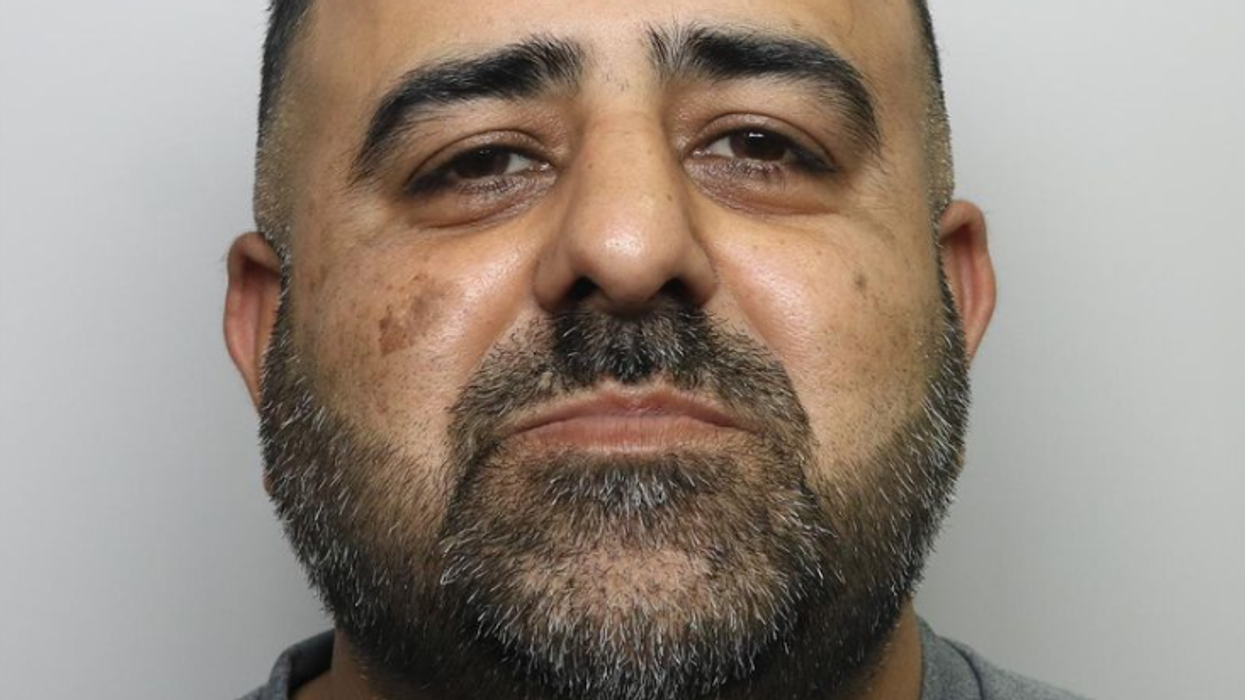A “lone wolf” drug dealer of Huddersfield has been sentenced to 18 months in custody after 876 grams of cannabis was found in his possession.
Mohammed Saleem, 43, a family man with three children, had refused to answer police queries about the drug haul found in his jailed brother’s house to which he had the key.
Officers who detained him in July 2019 found the key to his brother’s house a few doors down. They searched the property and discovered several packs of cannabis in the kitchen, dealer's lists and a dozen mobile phones.
Leeds Crown Court heard that the street value of the cannabis found in the property was £7,000.
Prosecutor Abdul Latif Shakoor said, "A search of his house recovered items including two sets of scales, empty plastic bags, pieces of paper with a list of quantities of drugs and a list of people who owed money.”
A zombie knife and more than £800 in cash were also found during the search.
Dealer lists had various amounts of money owed and referred to ranging between £100 and £40,500, the prosecutor told the court.
Several bags of the class B drug had Saleem’s fingerprint. When the phones were examined, it was found that a message was sent with his name, date of birth and address on April 13, 2019.
An incoming message the following day read: "Can you sell me some M-Cat please Maxi?" Many incoming messages also featured images of cannabis packs with various strains of the drug.
When police questioned him, Saleem merely said, "no comment."
The court heard that he had three previous convictions for similar offences he committed after the one over which he was being tried.
Judge Simon Batiste sentenced Saleem on Thursday.
Mitigating, Mohammed Qazi, said, "He is clearly someone who will be on the radar and he still retains accommodation in his locality and he has had the opportunity as a lone wolf. Of course, he hasn't had enough time but if his history is to go by, his criminal occupation is associated with cannabis supply."
‘Lone wolf’ drug dealer of Huddersfield jailed for 18 months
Mohammed Saleem had 876 grams of cannabis which he intended to supply




